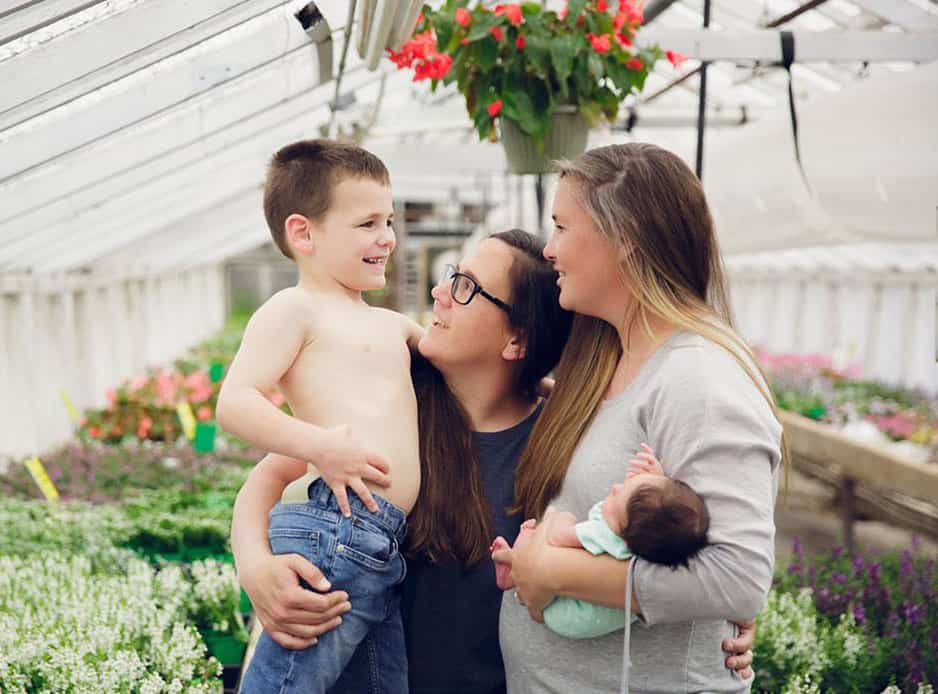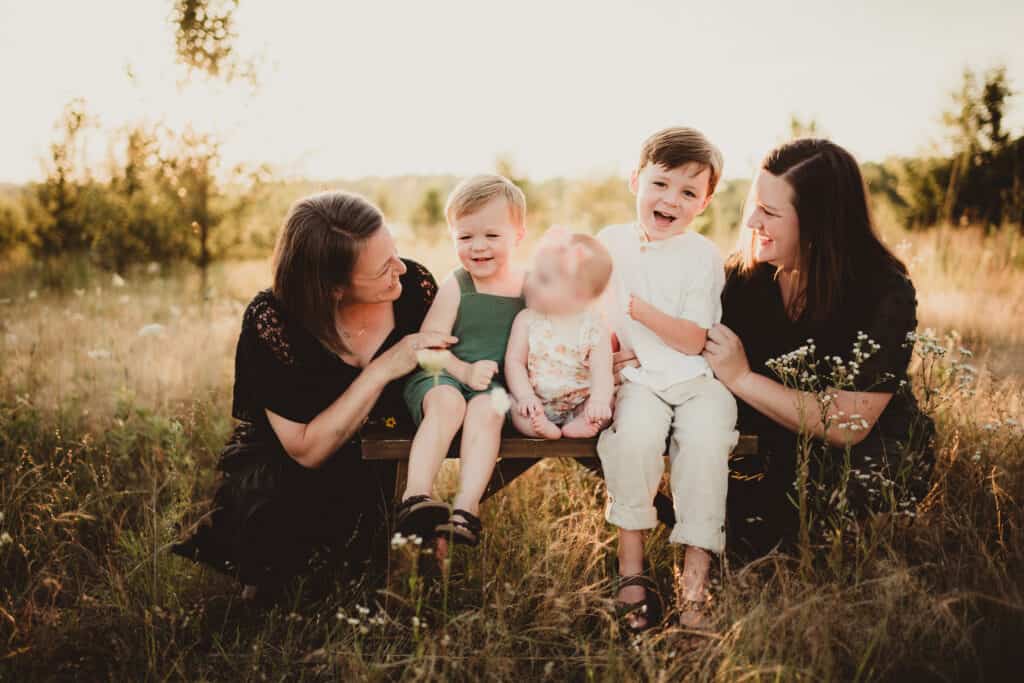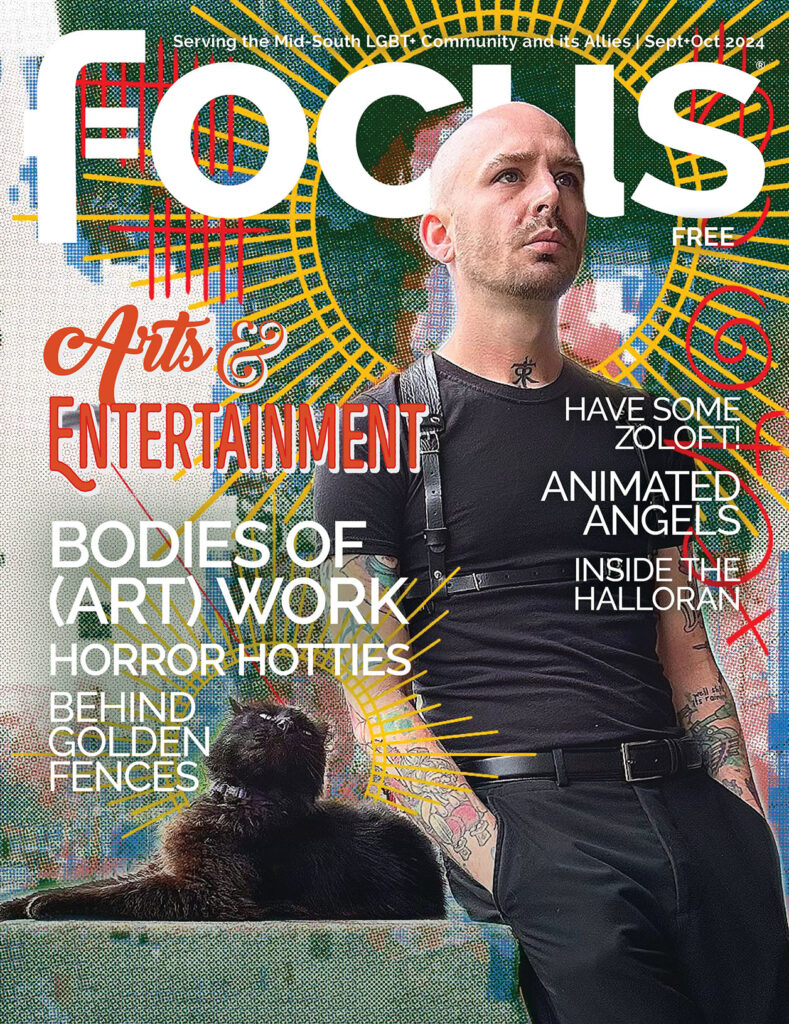What is a “chosen family?” In her 2022 TED talk, Diana Adams maintains that “the idea of a chosen family is a pillar of the LGBTQ community.” Adams is the founder of the Chosen Family Law Center, a nonprofit that provides legal support to LGBTQIA, polyamorous, and other underserved families. She believes that you can choose your family and include as many people as you want, that the “definition of family is people who are committed to be there for each other no matter what.” These expanded ideas of family and the demographics of increasing numbers of people identifying as LBGTQIA–including, according to the 2020 U.S. Census, roughly 21% of Gen Z (those born between 1997-2013)–have given rise to an increased need to address the legal questions around LGBTQ people and chosen families.
Of course the game- changer for legal status of LGBTQ relationships was the landmark 2015 U.S. Supreme Court decision in Obergefell v. Hodges that paved the way for gay marriage in every state. Allowing same-sex couples the legal, economic, and social benefits of marriage continues to benefit the LGBTQ community and, arguably, society in general, by providing better financial stability, better access to health care, and better overall health to married same-sex partners. Adams also argues that these types of protections offered by marriage–health care access, economic benefits, and social acceptance– should extend even farther to different types of chosen families such as polyamorous couples, coparenting couples, grandparents raising grandchildren, and single people.
Legal frameworks can help in organizing a chosen family. Laura Rogers, an experienced Memphis family law practitioner, says that issues with marriage and divorce are thankfully now basically the same for straight and gay people, but treatment is very, very different when it comes to children and custody issues and the formation of families in general. She finds that since marriage equality became law, the challenges to family law have been consistent with “the difficulties in creating families, securing families, adopting children, and making sure that courts uphold adoption orders.” For example, “if two women decide in the context of their marriage that they’re going to have a baby, and one of them gets pregnant with some purchased sperm and has a baby biologically, that custody dispute later on is going to look very different if you’re two women than it does if you’re a man and a woman. No one is going to challenge the fact that the husband is the father. But you could absolutely challenge it if it was two women. So there’s this extra layer you have to do in terms of families, in custody not necessarily in divorce.”

In this case, the divorced spouse who is not the biological mother, under current law, has no parental rights if they have not adopted. Even though the married couple together decided to have a baby, one spouse gave birth, both raised that child as their own, held that child out to society as their child, and named both as parents on the birth certificate, if you divorce and you have not adopted that child, you have no legal rights. Several legal cases have challenged that assumption, but so far there has not been a good outcome for LGBTQ parents on this issue. Rogers is hoping to continue to work to get a better resolution for families: “That’s the area where we have to do a little something more if you are a same-sex couple. Right now you’ve got to adopt your own child and make plans for what will happen if you both die or one of you dies. You have to do more than what heterosexual couples might do.”
To that end, Rogers and many family law attorneys emphasize that the key to making decisions about the future is to communicate with all the involved parties. No one wants to think about divorce or custody issues when getting married or having a baby, but Rogers encourages people to communicate about these questions before marriage and parenting so that spouses and/or parents are on the same page about who the parents are. It is best to have clear written agreements regarding child care splits, financial arrangements, parenting values, what happens to the child in the event of a parent’s death, and questions like if the other parent is willing to live in the same city for 18 years to be near the child.
I spoke with two couples in the Memphis area about adoptions that helped them create their chosen families. As teachers and coaches, Jennifer Fox and her wife Laurel of Nesbit, Mississippi, knew they wanted a family. Shortly after they married in 2015, they became licensed as foster care parents through Youth Villages. In 2017, they began to foster their son, who they legally adopted in 2019. Their son had significant behavioral issues from early trauma. He came to them at age 5 and had already been in 17 different foster placements. Fox and her wife both work in education and always had the goal of helping kids. She says, “We are just so blessed that we both think that we’re capable of doing it. And we don’t do it because we feel like we saved him, but we do it because his life matters, and he deserves a family.” Their adopted son is now 11, and is joined by two biological children (ages 5 and 9 months) from two different sperm donors. For Jennifer, “it’s just all such an amazing concept that we get to live every day with this group of people who have bits and pieces of our DNA sprinkled throughout. It’s such a fun thing to look at our little family portrait and see what’s being built with just some good old fashioned love and hard work, and that our kids will always know that they were all three chosen.” With very supportive families and after consulting several lawyers, they decided not to complete second parent adoptions for their biological children.

Jen Howell, with her wife Posey, agree that having a plan for their family’s legal arrangement is the best option. The Howells, who live in Germantown, married in 2018 and are parents to Baker, 5, Townes, 3, and a 1-year-old girl who they have fostered since she was a newborn and are in the process of adopting. Baker and Townes are both biological children carried by Jen through sperm donation, and are donor siblings, or “diblings.” They also have been privileged to meet and interact with a number of other diblings via a Facebook group comprised of children born from this same donor. Baker was 2 months old when Jen and Posey started dating so Posey is the only other parent he’s known. Jen and Posey plan to legally adopt both of their biological children after their foster child’s adoption is completed. As Jen noted, it has definitely been a discussion to get to this decision. She carried both boys, so they are her biological children, but they’re just as much Posey’s children. “She has a fair point that she doesn’t have a legal right to them unless she adopts. It isn’t necessarily fair that only the gay community has this extra requirement, that is also time consuming and expensive,” but as of now it gives them the best protection.
As family expert Diana Adams explains, having these conversations around chosen families is powerful, and communicating about all of these questions, taking the extra steps for chosen families, can make all the difference.




